Welcoming a new puppy into your life is an exciting and heartwarming experience. Puppies bring joy, love, and companionship, but raising them comes with significant responsibilities. Proper care during puppyhood sets the foundation for your dog’s entire life, influencing their health, behavior, and well-being. In this guide, we’ll cover everything you need to know to raise a healthy and happy puppy.
Bringing Your Puppy Home
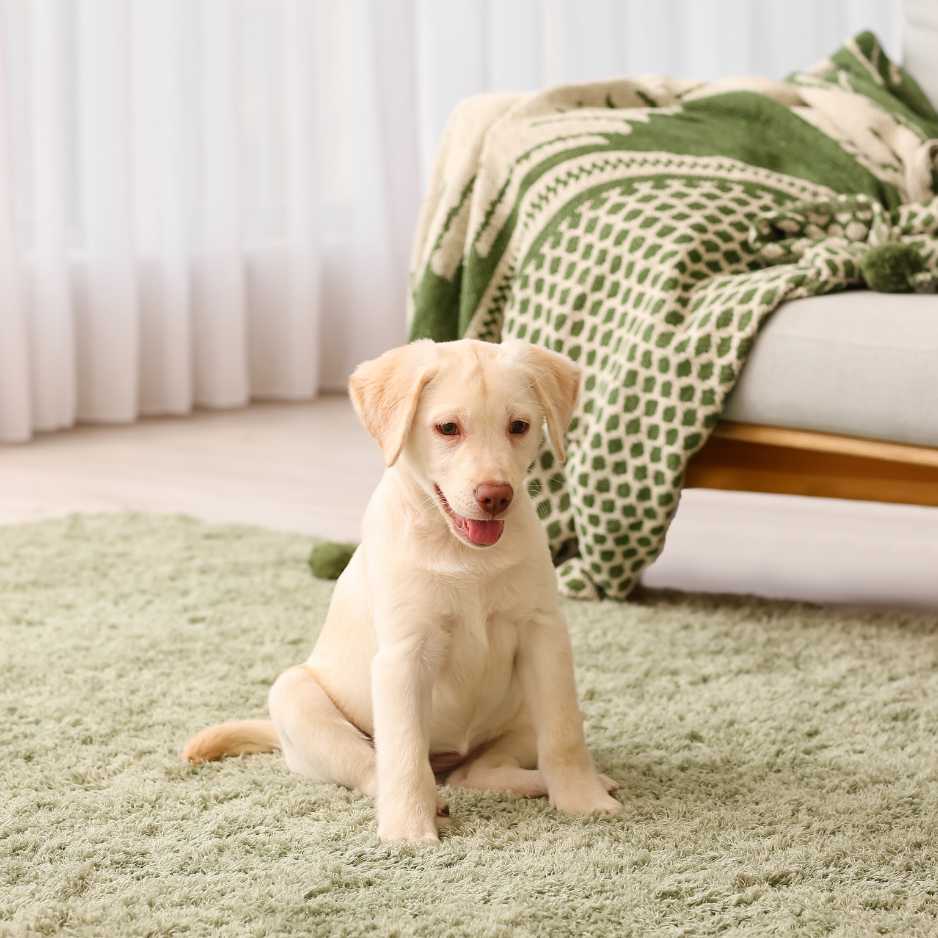
Bringing a puppy home is a big step, and preparation is key to making the transition smooth for both you and your new furry friend.
- Preparing Your Home: Puppy-proof your home by removing hazards such as electrical cords, small objects, and toxic plants. Create a safe, comfortable area for your puppy with a crate or playpen, where they can relax and feel secure.
- Essential Supplies: Before your puppy arrives, make sure you have the essentials like food and water bowls, a comfortable bed, a crate for training, a leash, toys for playtime, and grooming supplies.
- Introducing to Family: When introducing your puppy to family members or other pets, be patient. Allow your puppy to explore and sniff in a calm environment. Supervise initial interactions with other pets to ensure a smooth introduction.
Feeding Your Puppy
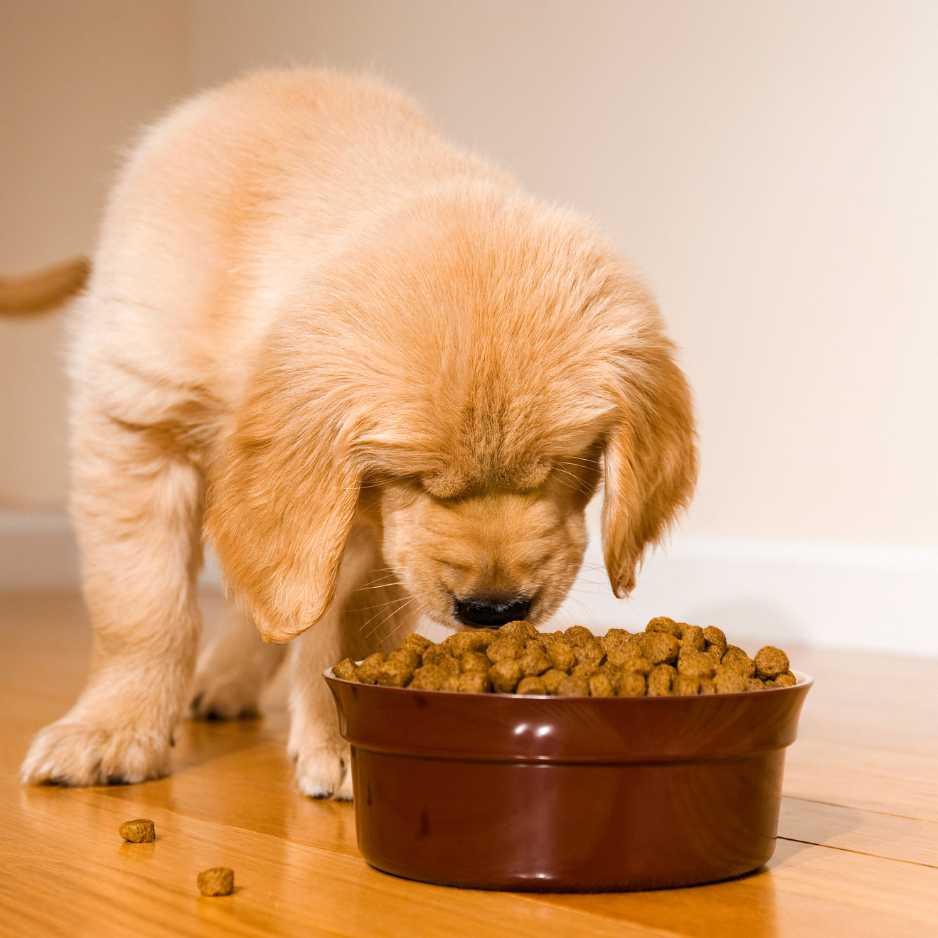
A well-balanced diet is crucial for your puppy’s growth and development.
- Nutrition Basics: Puppies need high-quality nutrition to support their rapid growth. Look for foods formulated specifically for puppies, which provide the right balance of protein, fat, and essential nutrients.
- Puppy Feeding Schedule: Puppies require more frequent feedings than adult dogs. A typical feeding schedule is three to four meals per day for puppies under six months old, then two meals a day as they grow older.
- Choosing the Right Food: When selecting puppy food, check the label for ingredients like real meat, whole grains, and healthy fats. Avoid artificial preservatives, fillers, and by-products.
- Foods to Avoid: Some foods are toxic to dogs, including chocolate, onions, grapes, and raisins. Keep these out of reach, and avoid feeding your puppy table scraps.
Puppy Health and Veterinary Care
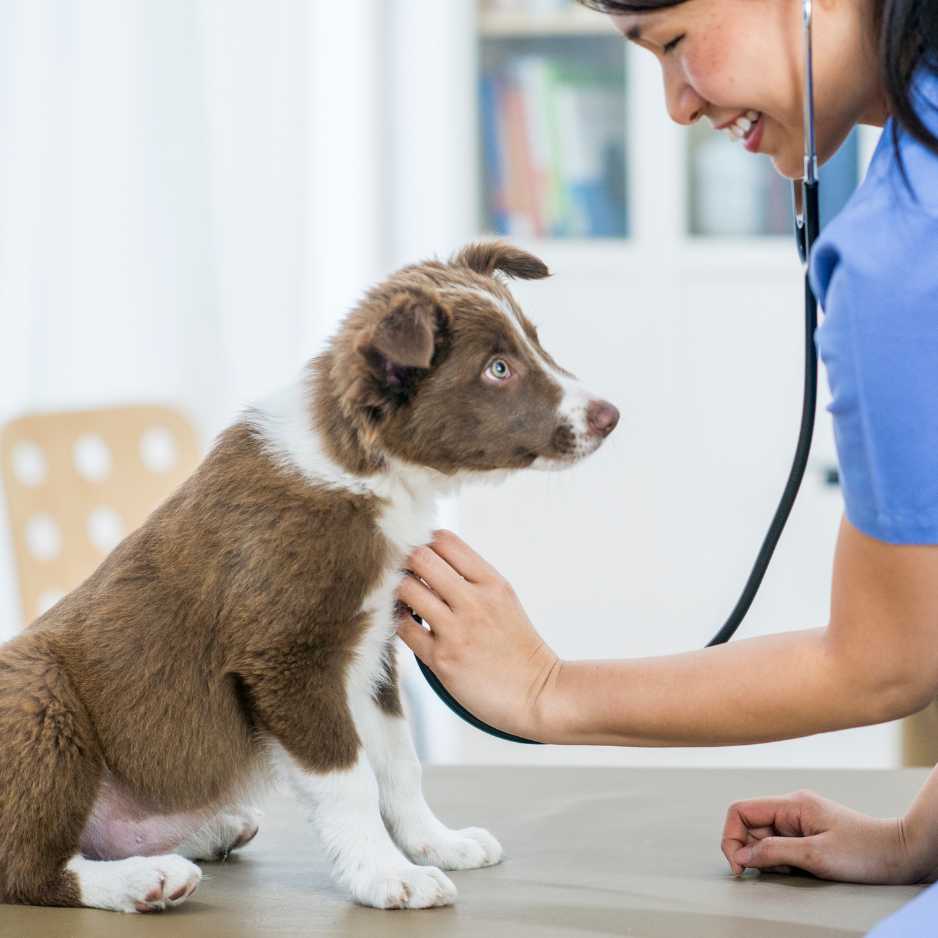
Regular veterinary care is essential to keep your puppy healthy.
- Vaccinations and Deworming: Vaccines protect your puppy from diseases like parvovirus, distemper, and rabies. Follow your vet’s recommended vaccination schedule and ensure your puppy is regularly dewormed.
- Vet Checkups: Take your puppy to the vet for regular checkups, especially during their first year. These visits help monitor growth, administer vaccinations, and catch any potential health issues early.
- Signs of Illness: Be aware of symptoms like vomiting, diarrhea, lethargy, or coughing. If your puppy shows signs of illness, consult your vet immediately.
- Spaying and Neutering: Spaying or neutering your puppy around 6 to 9 months of age can prevent unwanted litters and reduce the risk of certain health issues, like cancers.
Training and Socialization
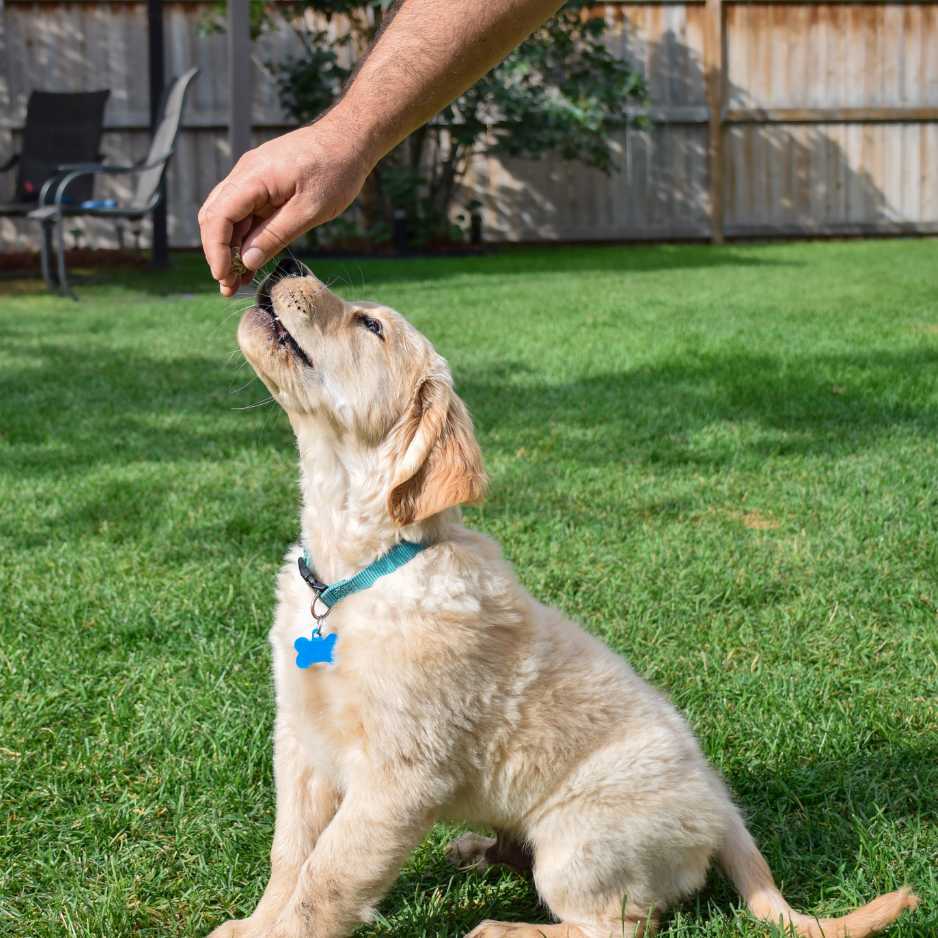
Training your puppy early helps instill good behavior and strengthen your bond.
- Crate Training: Crate training provides your puppy with a safe space and aids in housebreaking. Use positive reinforcement to help your puppy associate the crate with comfort.
- Housebreaking: Consistent potty training is key. Establish a routine by taking your puppy outside at regular intervals, especially after meals and naps.
- Basic Commands: Start teaching basic commands like “sit,” “stay,” “come,” and “heel” as early as possible. Positive reinforcement, such as treats and praise, helps encourage obedience.
- Socializing Your Puppy: Introduce your puppy to different environments, people, and other dogs early on. This helps them become well-adjusted and confident adults.
Exercise and Playtime
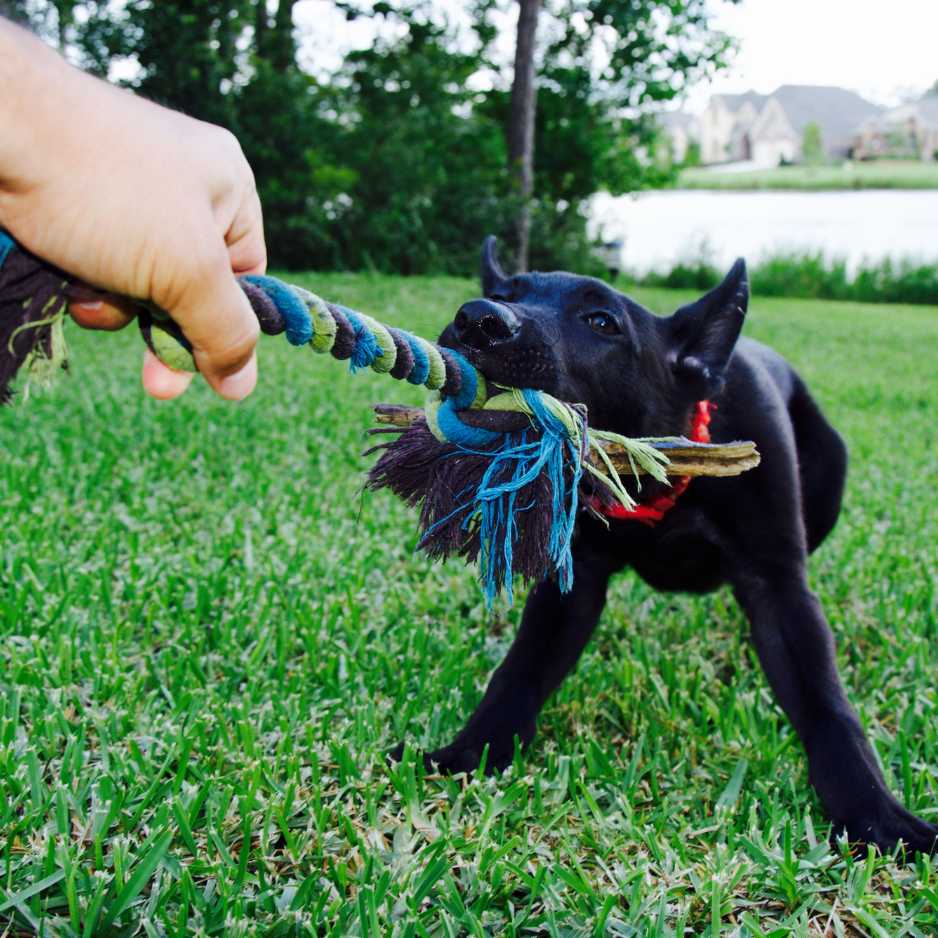
Puppies are full of energy and require regular physical activity to stay healthy.
- Exercise Needs: Depending on the breed, puppies need varying levels of exercise. Short walks with good quality Dog Harness, playtime, and interactive games keep them physically fit and mentally stimulated.
- Safe Play: Choose safe, durable toys for puppy. Avoid toys with small parts that could be swallowed. Engage in interactive play, such as fetch, to burn off energy.
- Mental Stimulation: Puppies need mental stimulation to prevent boredom and destructive behavior. Puzzle toys and training exercises can challenge their mind and keep them engaged.
Grooming and Hygiene
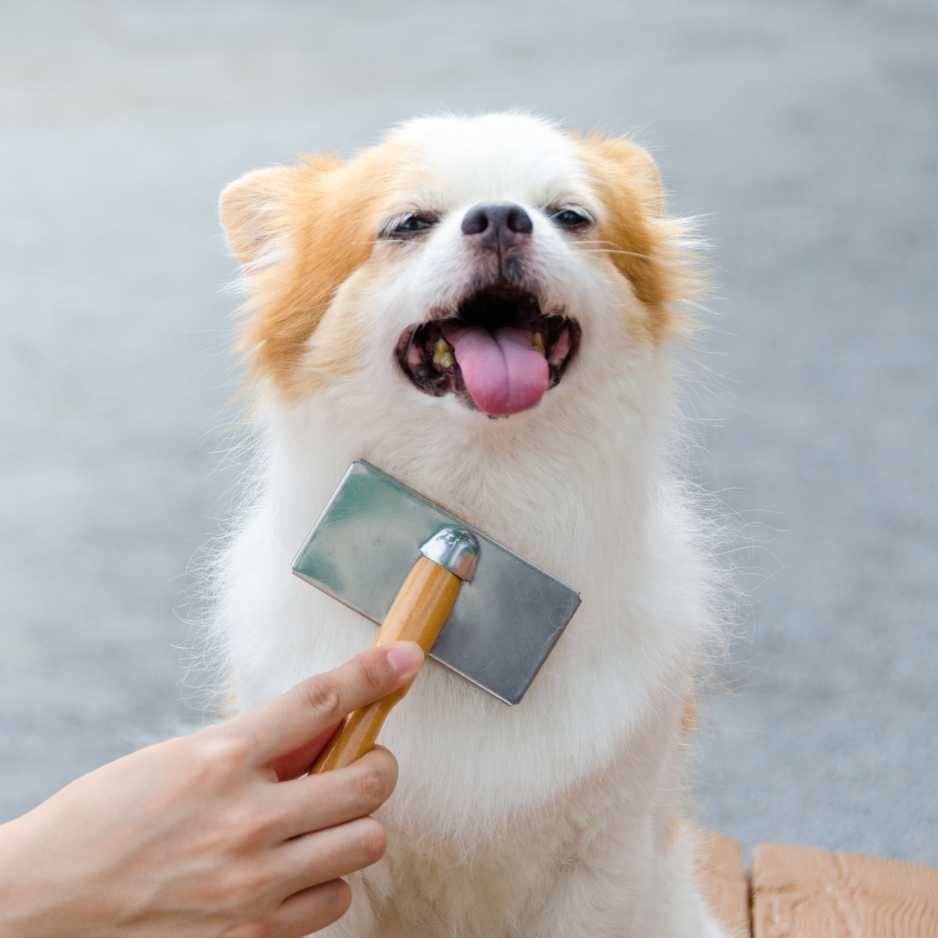
Proper grooming keeps your puppy looking and feeling their best.
- Bathing Your Puppy: Bathe your puppy with a gentle, puppy shampoo. Aim to bathe them every few weeks or as needed, depending on their activity level and coat type.
- Brushing and Coat Care: Regular brushing prevents matting and tangles, especially for long-haired breeds. It also helps remove loose fur and distribute natural oils.
- Nail Trimming: Keep your puppy’s nails trimmed to avoid discomfort and potential injury. If you’re unsure, ask your vet or groomer for guidance.
- Ear and Teeth Cleaning: Clean your puppy’s ears weekly to prevent infections, and brush their teeth regularly to avoid dental issues like plaque buildup.
Building a Strong Bond
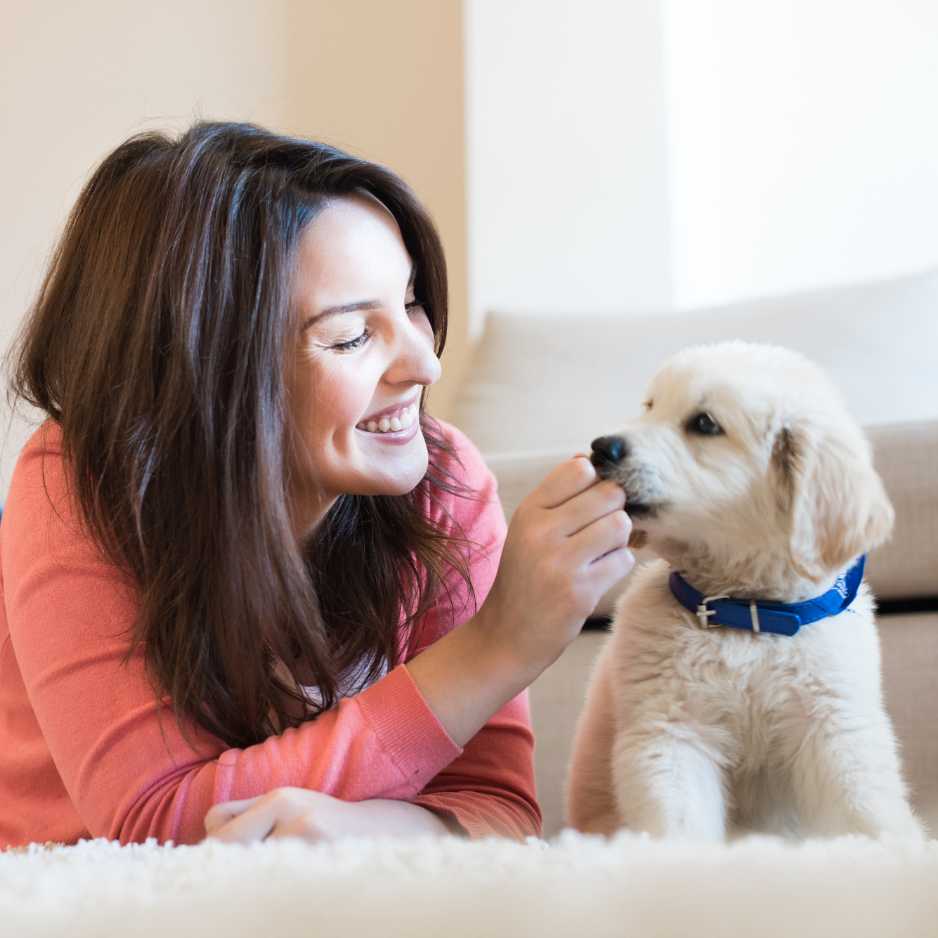
Your puppy looks to you for love, guidance, and companionship.
- Quality Time: Spend time bonding with your puppy through play, training, and cuddle sessions. This builds trust and deepens your relationship.
- Positive Reinforcement: Always reward good behavior with treats and praise. This encourages your puppy to repeat desired actions and strengthens their trust in you.
- Understanding Your Puppy’s Behavior: Pay attention to your puppy’s body language. Recognize signs of stress, excitement, or discomfort so you can respond appropriately.
Conclusion
Raising a puppy is a rewarding journey filled with love, joy, and responsibility. By following the essential steps outlined in this guide, you’ll help your puppy grow into a healthy, well-behaved adult dog. The bond you create during these formative months will last a lifetime, making the effort truly worth it.








